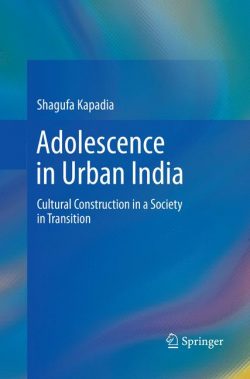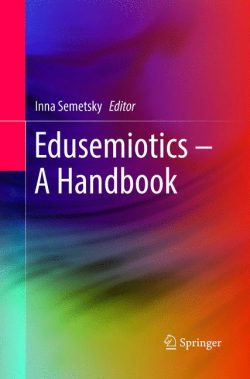In the extreme context of the American slavocracy, how do we account for the robust subjectivity and agency of Frederick Douglass? In an environment of extremity, where most contemporary psychological theory suggests the human spirit would be vanquished, how did Frederick Douglass emerge to become one of the most prolific thinkers of the 19th century? To address this question, this book engages in a psychoanalytic examination of all four of Frederick Douglass’ autobiographies. Danjuma Gibson examines when, how, and why Douglass tells his story in the manner he does, how his story shifts and takes shape with each successive autobiography, and the resulting psychodynamic, pastoral, and practical theological implications.
- Introduction
- The Intersubjective-Matrix of the Slavocracy: Experiencing the World of Frederick Douglass
- Reimagining Black Subjectivity: A Psychoanalysis of Frederick Douglass
- A New Birth: Agency Over Body and Sacred Spaces of Play
- The Force of Being, Life-Stories, and the Counter-Narrative: A Brief Comment on Cultural Trauma and Resiliency in Personal Testimony
- A Constructive Theology of Deliverance: Redeeming the Internal Force of Being
- Remembering, Lament, and Public Ritual: Redeeming the Democratic Experiment
Danjuma Gibson is Associate Professor of Pastoral Care at Calvin Theological Seminary, USA.
In the extreme context of the American slavocracy, how do we account for the robust subjectivity and agency of Frederick Douglass? In an environment of extremity, where most contemporary psychological theory suggests the human spirit would be vanquished, how did Frederick Douglass emerge to become one of the most prolific thinkers of the 19th century? To address this question, this book engages in a psychoanalytic examination of all four of Frederick Douglass’ autobiographies. Danjuma Gibson examines when, how, and why Douglass tells his story in the manner he does, how his story shifts and takes shape with each successive autobiography, and the resulting psychodynamic, pastoral, and practical theological implications.
The first psycho-biographical project on a major 19th century Black personality and thinker





